The battle lines moved even less this week than in previous weeks. Russian strategy shows their real weakness, making very small advances by small groups of infantry. What neither turtle tanks nor motorcycle cant do is deep advance as they are incapable of doing the fast combined arms warfare the Russians were supposed to be capable of doing. The Russian micro-advance strategy is making the Russian army less efficient leading to deteriorating unit cohesion. The Ukrainians have to accelerate Russian losses by encouraging them to keep these micro-advances up, slaughtering their own forces for tiny gains, while keeping Ukrainian losses as low as possible
The battle lines moved even less this week than in previous weeks. There were a few small Russian advances, which gives some indication of what Russian strategy is. At the same the way the Russians are going about things shows their real weakness—if Ukraine could be helped to take advantage of that weakness. Also, Ukraine and Russia figured a few times quite importantly in the Biden-Trump debate, though that was often overlooked in the general controversy about how the two men performed. I thought it would be worth breaking down what Trump said—as it confirms what everyone should know by now. He is looking forward to cutting off Ukraine (and he really likes Putin).
The Russian Micro-Advance Strategy and How Ukraine might Take Advantage?
In the last few months it seems that the Russians have started utilizing two new vehicle constructs, the “Turtle” Tank and the Motorcycle.
Im sure you’ve seen lots of pictures of the turtle tanks.
The most important thing to understand is that in doing this—the Russians are creating a new vehicle that is really not a tank at all. By festooning the tank with fixed upper cages and plates (and in extreme cases adding the mine rollers to the front such as above), they are making the gun (one of the main points of the tank) functionally useless. The gun cant rotate and the driver’s and gunner’s vision is severely restricted—mostly allowing them to look only ahead.
What indeed the role of these vehicles seems to be is to carry a load of infantry under its turtle shell forward a relatively small distance and in doing so provide them with protection from UAVs. In other words, its turning the tank into a transport vehicle and trying to keep it alive for a short distance. In doing so, it is making it almost impossible for the tank to fight anything else.
The other adaptation is what might be called the Russian Motorcycle assault.
In this case the Russians are using the speed and light-weight off-road capabilities of the motorcycle to try and make fast, short advances. They are running small groups of soldiers quickly through fields to try and secure a forward position, and then hold on while support can reach them.
Note: Im not sold on either of these as great signs of adaptation—which I know some others have said. The turtle tank seems to me, as I said in May, a very short term reaction to Ukraine running out of artillery ammunition because of the US cut off of aid.
Now that Ukraine has more artillery shells (reports are very encouraging in that area) the turtle tanks are in much greater danger (those mobile shells they are wearing wont help against artillery or hand-helds—indeed they cover reactive armor which is supposed to protect against those).
So what do we see—we see the Russians making technical adaptations to support very small advances by relatively small groups of infantry. Neither the turtle tanks nor the motorcycle groups can be that large.
What these technologies cant do—indeed actively impede—is any deep advance or exploitation. They cant carry supplies, they dont open up the way for concentrations of vehicles—indeed they are incapable of doing any of the fast combined arms warfare that the Russians were supposed to be capable of doing.
They can run forward a few hundred yards, grab a defensive position—and then hope to hold on. That is a very different form of warfare—which requires a different vocabulary.
This idea is reinforced by what we are seeing in terms of Russian advances. Looking at the last few months they seem to be focussing on taking small chunks of Ukrainian territory wherever they can, and at the same time they willing to take large losses for those chunks. They obviously had hopes for more significant successes a while back. Their was talk of the Russians taking Chasiv Yar by May 9, or their hopes for a major success during their Kharkiv Offensive, or them making a breakthrough at Ocheretyne, etc. However none of this has materialized. Kharkiv was a failure almost from the moment it startted—as the Russians committed a large force, but then were stopped in their tracks after a few days. Chasiv Yar has been almost entirely static for a months—and even around Ocheretyne there has been no Russian breakthrough.
No, what seems to happen is that the Russians now are sending attacks in lots of different places, not hoping for any major strategic success—but just to take a little more territory here or a little territory there. This week, for instance, there was a small Russian advance towards the small town of Toretsk.
Here was the front on June 20
And here it was last night (June 29)
The Russians have made some very small advances (maybe 5km at most)—but as always its slow and ponderous.
The same around Ocheretyne—where they press ahead a kilometre or so at a time—sometimes here and sometimes there.
So Russian strategy seems based on lots of what we might called micro-advances. As long as they are going forward they can say that they are winning the war.
How Ukraine Can Cope?
However this strategy is based on the assumption that Ukraine, to try and take the territory back, will have to do something similar and suffer equivalent losses. Hopefully Ukraine wont do that. The best way for Ukraine to cope with such a Russian strategy is to take advantage of its inherent weaknesses and in response not do what the Russians hope.
The inherent weakness of the Russian strategy is that it is leading to horrible casualties. The New York Times, which wrote some of the most panicky pieces about the Russian Kharkiv Offensive, changed tack this week and wrote a piece saying it wasnt a great Russian success, and was leading to massive Russian casualties. Here is how the article started.
May was a particularly deadly month for the Russian army in Ukraine, with an average of more than 1,000 of its soldiers injured or killed each day, according to U.S., British and other Western intelligence agencies.
But despite its losses, Russia is recruiting 25,000 to 30,000 new soldiers a month — roughly as many as are exiting the battlefield, U.S. officials said. That has allowed its army to keep sending wave after wave of troops at Ukrainian defenses, hoping to overwhelm them and break through the trench lines.
It is a style of warfare that Russian soldiers have likened to being put into a meat grinder, with commanding officers seemingly oblivious to the fact that they are sending infantry soldiers to die.
Indeed the Russian micro-advance strategy is probably making the Russian army less efficient. Its basically working overtime simply to pace losses. It can only do that with very quick training time (if that) leading to deteriorating unit cohesion and little military learning. There are stories of whole units basically becoming combat inefficient in a few days of fighting around Vovchansk.
What the Ukrainians have to do is accelerate Russian losses by encouraging them to keep these micro-advances up. It will lead to a horrible summer of fighting, but if the Russians are willing to keep slaughtering their own forces for tiny gains, the Ukrainians have to let them—while keeping Ukrainian losses as low as possible.
And when the Ukrainians return to trying to liberate their own lands, they need to do something else entirely (more on that later).
Ukraine and Russia in the Biden-Trump debate
The presidential election debate between Biden and Trump this week was an unmitigated disaster. Trump lied continually, rambled and showed significant cognitive decline. Biden’s age-led mental deterioration was frightening, as he seemed unable to respond to certain questions, etc.
Btw, I think its very worrying for Biden supporters (and I’m one) to somehow pretend like this was one bad night. That is a Trumpian strategy of asking people to disregard the evidence of their eyes and ears, and instead simply accept the assurances of those who they support. One of Biden’s great advantages is that he is trying to speak honestly to the American people—if the campaign starts trying to say this is no big deal, its taking a terrible risk.
However one thing that was quite straightforward in the debate was how the two candidates addressed questions of Ukraine and Russia. It was further evidence, not that any were needed, that Trump adores Putin, hates Zelensky and is preparing to cut Ukraine off if he becomes president again. Here is a transcript of the debate, which has all of the exchanges on the subject.
The first time the issue was brought up, the host asked both if they would be willing to see Ukrainian territory transferred to Russia to end the war—saying that this was a Putin demand.
BASH: Let’s move to the topic of foreign policy. I want to begin with Russia’s war against Ukraine, which is now in its third year.
Former President Trump, Russian President Vladimir Putin says he’ll only end this war if Russia keeps the Ukrainian territory it has already claimed and Ukraine abandons its bid to join NATO.
Are Putin’s terms acceptable to you?
Trump’s response (horrifying in its rambling and disjointed nature) was to do everything possible not to criticize Putin and not to say that as President he (Trump) would protect Ukrainian territorial sovereignty. Indeed according to Trump, Putin was practically encouraged to invade by Biden. Note—Trump at no times criticizes Putin, even when given multiple opportunities.
As far as Russia and Ukraine, if we had a real president, a president that knew – that was respected by Putin, he would have never – he would have never invaded Ukraine.
A lot of people are dead right now, much more than people know. You know, they talk about numbers. You can double those numbers, maybe triple those numbers. He did nothing to stop it. In fact, I think he encouraged Russia from going in.
Then a few sentences later—Trump goes further and explains Putin’s desires in frankly positive terms. Invading and oppressing Ukraine was Putin’s dream—and the two had actually discussed this.
When Putin saw that, he said, you know what? I think we’re going to go in and maybe take my – this was his dream. I talked to him about it, his dream.
Then things took a surreal turn. Biden, in his response, basically said that Trump seems to have endorsed Putin’s terms. This sets off a little panic in Trump—who immediately said he does not accept Putin’s terms. However he never actually criticizes them, nor says what in particular he doesnt accept. What he does, is then segway to be snide and critical about Zelensky. IN other words—still no criticism of Putin. Here is the response.
No, they’re not acceptable. No, they’re not acceptable.
But look, this is a war that never should have started. If we had a leader in this war – he led everybody along. He’s given $200 billion now or more to Ukraine. He’s given $200 billion. That’s a lot of money. I don’t think there’s ever been anything like it. Every time that Zelenskyy comes to this country, he walks away with $60 billion. He’s the greatest salesman ever.
And I’m not knocking him, I’m not knocking anything. I’m only saying, the money that we’re spending on this war, and we shouldn’t be spending, it should have never happened.
I will have that war settled between Putin and Zelenskyy as president-elect before I take office on January 20th. I’ll have that war settled.
Indeed, Trump’s obsession with the aid Ukraine has received caused him to come back to Ukraine (again critically) a few questions later. Here Trump simply lies by saying the US is doing more to support Ukraine than Europe. On the other hand, Trump is also at the same time speaking the truth—in that he admits that he (Trump) doesnt really think what happens in Europe is of great strategic importance to the USA.
TRUMP: Just going back to Ukraine for one second, we have an ocean separating us. The European nations together have spent $100 billion, or maybe more than that, less than us. Why doesn’t he call them so you got to put up your money like I did with NATO? I got them to put up hundreds of billions of dollars. The secretary general of NATO said Trump did the most incredible job I’ve ever seen. You wouldn’t – they wouldn’t have any – they were going out of business. We were spending – almost 100 percent of the money was – it was paid by us.
He didn’t do that. He is getting all – you got to ask these people to put up the money. We’re over $100 billion more spent, and it has a bigger impact on them, because of location, because we have an ocean in between. You got to ask them.
The reality is that European aid to Ukraine is signficantly larger than US—and is trending upwards.
So the debate was actually very clear about Trump and his positions on Russia and Ukraine. They can be summarized as follows.
Putin is not to be criticized but respected.
Zelensky is a con-man taking US money
What happens in Europe is not really in US interest
The US should stop aiding Ukraine as soon as possible.
You have been warned.


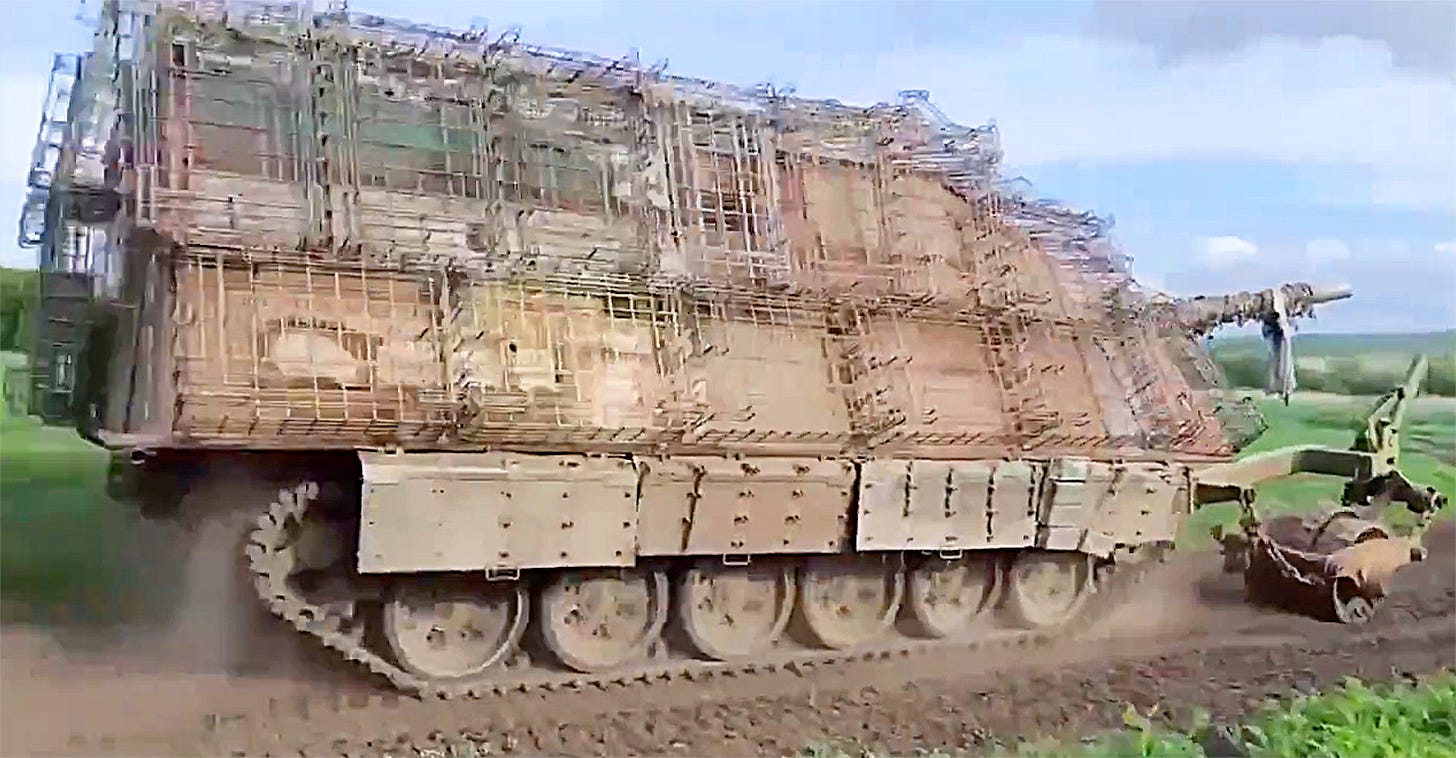
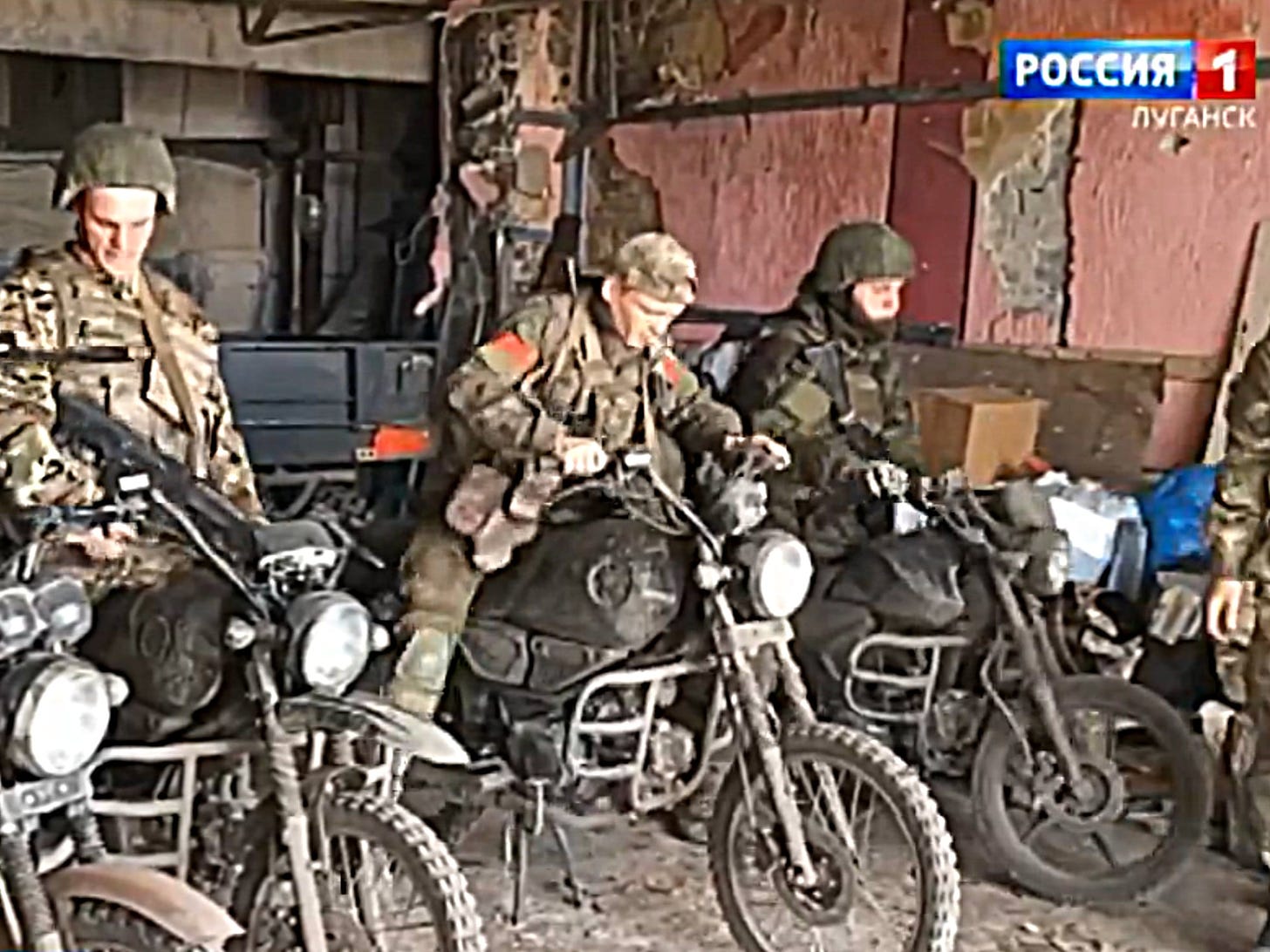
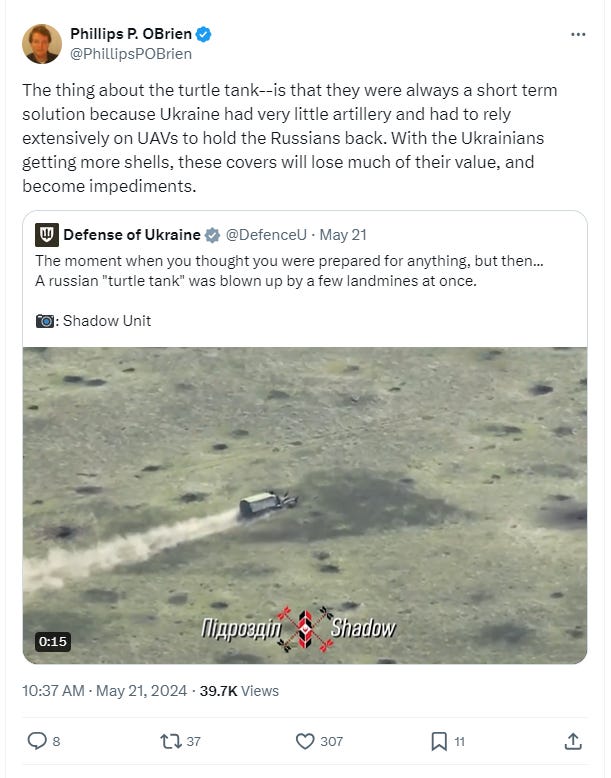
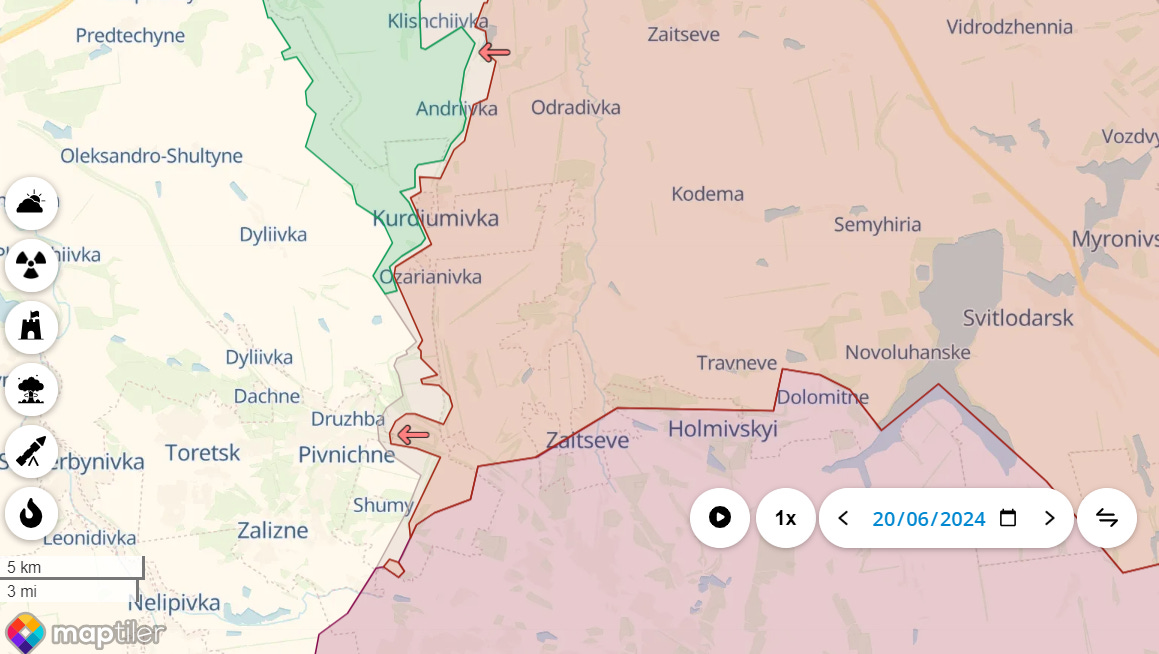
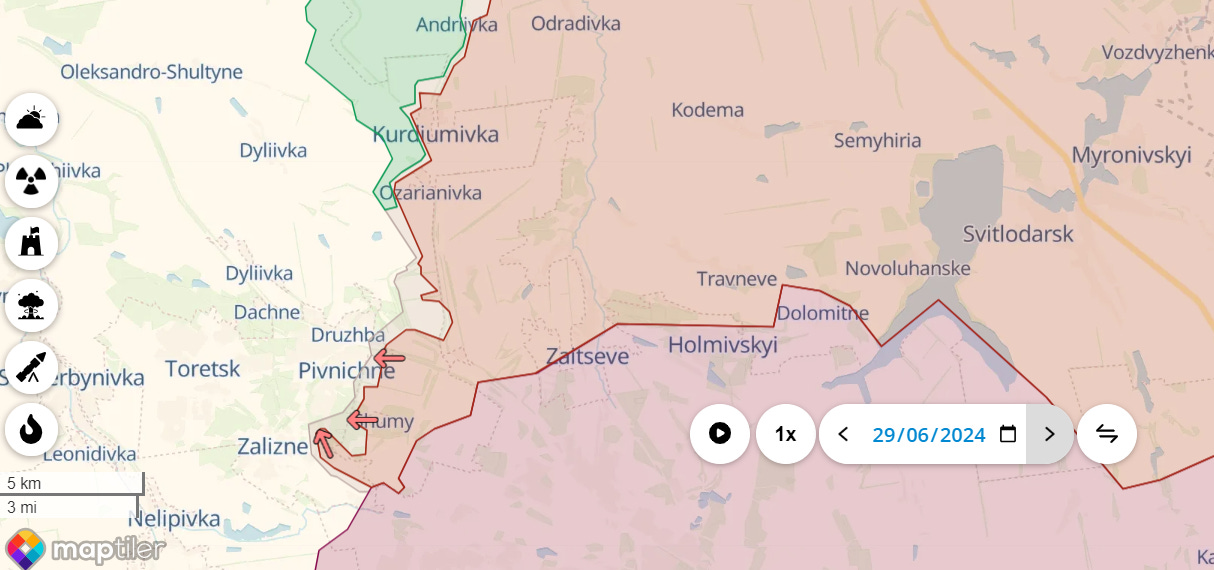


















0 comments:
Post a Comment